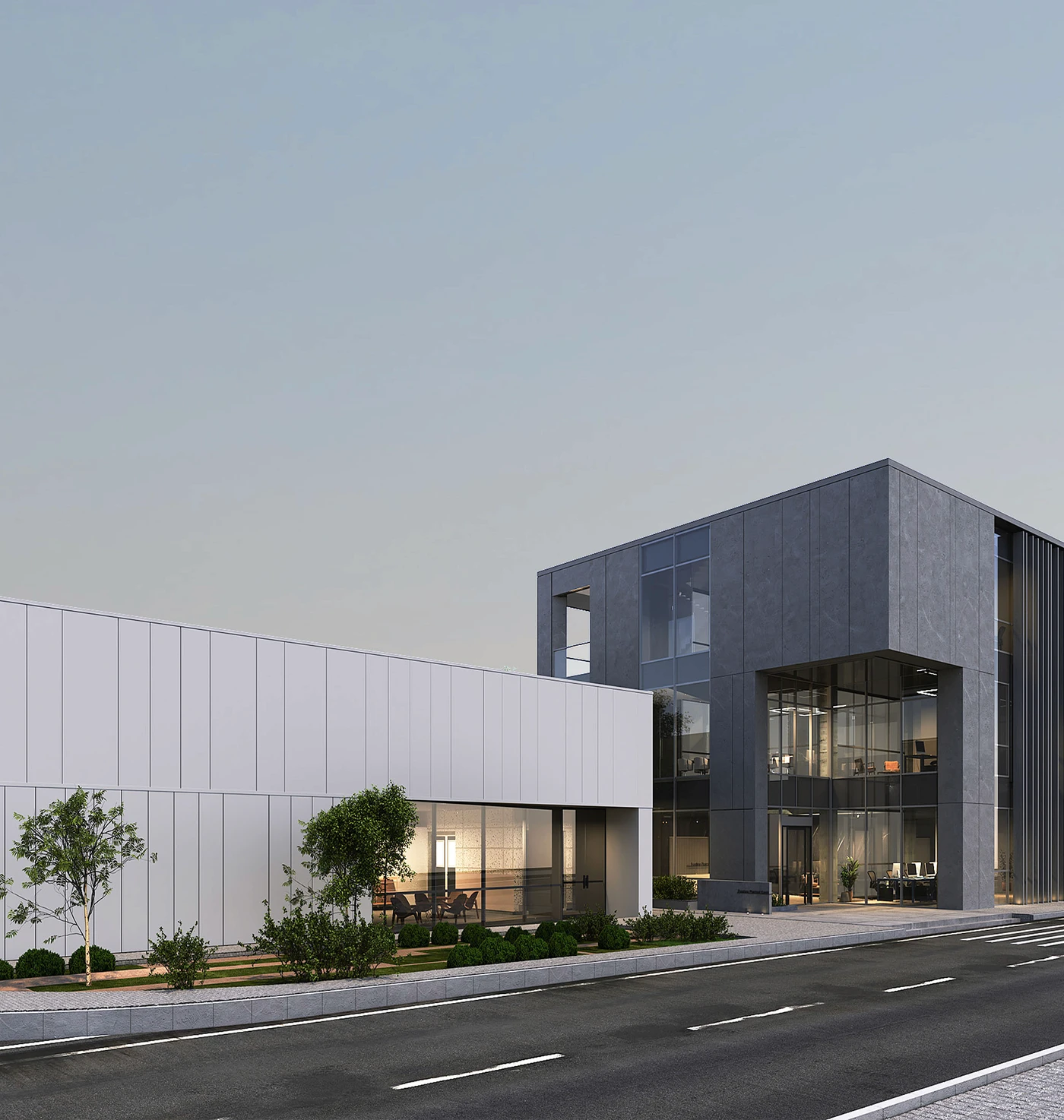Investing In Modular Residential and Commercial Construction
Mar 15, 2024

Introduction
Modular homes construction has seen a sharp rise in demand across the UK and Europe, driven by its efficiency, sustainability, and ability to meet the urgent need for affordable housing. With a global market projected to grow significantly, the modular construction industry presents an attractive investment opportunity. This article explores the financial case for modular home construction, illustrating why investors should consider modular methods over traditional construction and highlighting how Eblana Capital Partners utilizes this approach in their mixed-use real estate projects.
Why Invest in Modular Homes Construction?
Modular homes are prefabricated structures built off-site in controlled environments and assembled on location. This construction method has several key advantages over traditional techniques:
Efficiency and Speed: Modular homes are built approximately 30-50% faster than traditional buildings, resulting in reduced holding costs and earlier revenue generation.
Cost Savings: Standardised production and minimised labour requirements make modular construction highly cost-effective, yielding substantial savings for developers and investors alike.
Sustainability: With reduced waste, lower energy consumption, and minimal site disturbance, modular construction aligns well with growing ESG (Environmental, Social, and Governance) investment criteria.
Market Growth and Demand Trends
The modular construction market is poised to grow globally, with projections estimating its value to reach $140.8 billion by 2029 at a compound annual growth rate (CAGR) of 6.2%. This demand surge is fueled by rapid urbanisation, a pressing need for affordable housing, and the increasing demand for environmentally friendly construction practices.
Case Studies in Modular Construction Investment Success
Several recent projects underscore the potential of modular construction to improve property valuations:
London’s Modular Housing Initiatives: In London, modular construction has been leveraged to address housing shortages. Developments like the PLACE scheme, designed to create affordable housing in record time, have demonstrated modular construction’s value in enhancing property portfolios, both in terms of value and impact.
Amsterdam’s Mixed-Use Modular Developments: Amsterdam has integrated modular structures into mixed-use projects, repurposing commercial properties into residential spaces using modular methods. These projects have seen significant returns, as faster completion times have met urgent housing demand, improving overall market value.
Why Modular Homes are a Compelling Investment
Revenue Generation Potential: The speed of modular construction allows for rapid occupancy, enabling investors to secure early returns on their investments.
Resilience and Versatility: Modular homes can withstand relocation, renovation, and design customization more easily than traditional buildings, adding flexibility and long-term value.
Rising Demand for Affordable Housing: As housing shortages increase, modular homes provide an efficient solution for affordable housing, a demand consistently supported by local governments and developers.
Eblana Capital Partners and Modular Construction in Mixed-Use Real Estate
Eblana Capital Partners has identified modular construction as a strategic approach in their mixed-use real estate investments across the UK and Europe. By focusing on modular construction, Eblana is positioned to achieve:
Faster Project Timelines: The modular approach accelerates project completion by building units off-site while preparing the on-site location simultaneously. This dual process enables Eblana to bring properties to market quicker than competitors using traditional methods.
Cost Efficiency and Value Creation: Modular construction significantly reduces overall costs through standardised production and reduced labour needs. These savings are passed on to investors in the form of stronger ROI and more efficient asset management.
Enhanced Community Impact: Eblana’s mixed-use modular developments integrate residential, retail, and commercial spaces in one property, supporting vibrant, interconnected communities that attract diverse demographics and consistent occupancy.
Overcoming Challenges in Modular Construction
Despite its benefits, modular construction also presents certain challenges:
Logistics and Transportation: Transporting large modules to the construction site can pose logistical issues, particularly in urban areas.
Skill Shortages: Modular construction requires specialised skills that are currently in limited supply. Training and development initiatives are essential to ensure workforce readiness.
Eblana Capital Partners addresses these challenges by partnering with leading modular manufacturers, investing in workforce training, and implementing logistics solutions that minimise transportation costs and delays.
Conclusion
Modular homes construction is an investment strategy well-aligned with today’s market needs for speed, efficiency, and sustainability. By adopting modular methods in their mixed-use real estate projects, firms like Eblana Capital Partners not only enhance investor value but also contribute positively to the housing market, environmental sustainability, and local economies.





